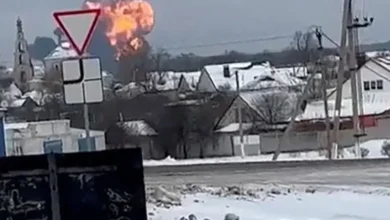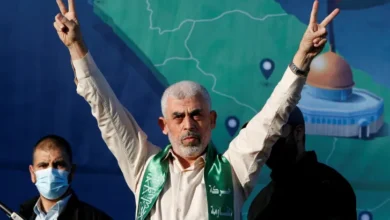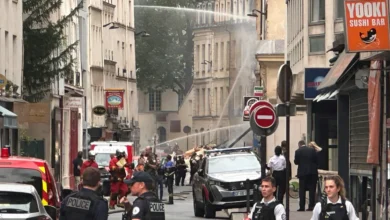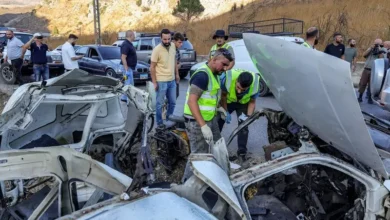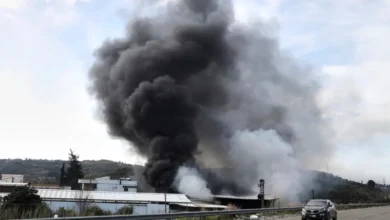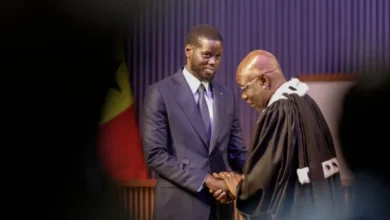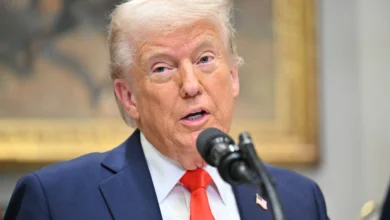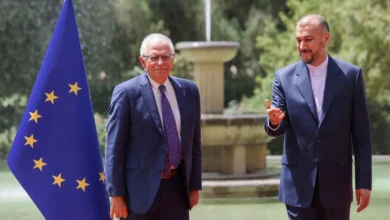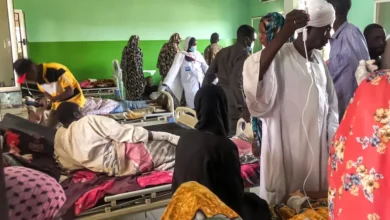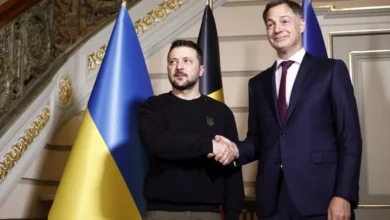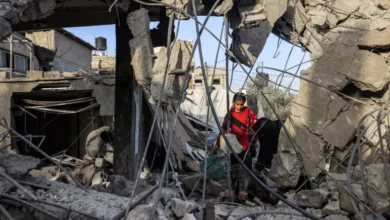‘Much more persecution’: Venezuela braces for Nicolas Maduro’s inauguration
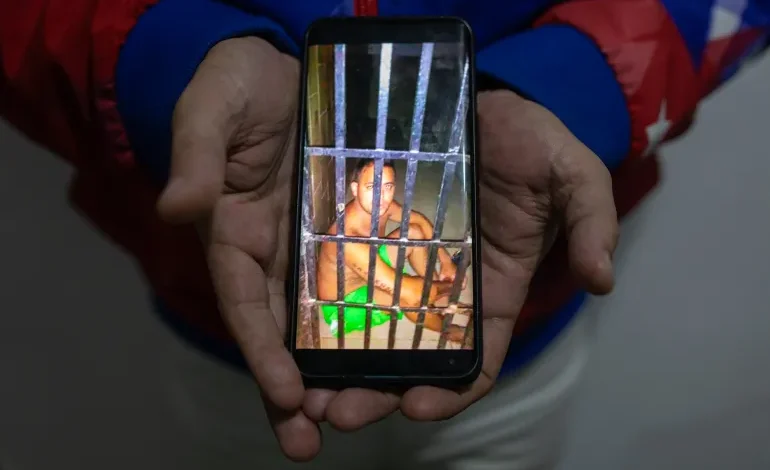
Jesus Medina Ezaine had already spent 16 months in a Venezuelan military prison, accused of crimes he said were related to his work as a photojournalist.
But another prison stint seemed imminent, particularly after the contested re-election of Venezuelan President Nicolas Maduro.
With Maduro set to be sworn in for a third term, Medina, 43, made a difficult decision: to flee his home in Venezuela for the relative safety of Bogota, the capital of neighbouring Colombia.
“Before they could put me back in prison, I decided to escape,” said Medina.
Maduro’s government has long faced criticism for the alleged repression of political rivals. But Friday’s inauguration ceremony is set to bring the recent electoral crisis to a head, with observers warning that the violence may escalate as Maduro strives to hold onto power.
“The regime is going to do everything they can to ensure that Maduro can be re-inaugurated and that he can continue with his administration,” said Juan Pappier, deputy director of Human Rights Watch’s Americas division.
A climate of fear
Medina remembers his final months in Venezuela as being drenched in fear.
In the lead-up to the controversial election, he had joined the campaign of opposition leader Maria Corina Machado as a photographer, documenting her efforts to galvanise support for presidential candidate Edmundo Gonzalez.
But that work once again made him a target.
Medina was not unknown to the Maduro government: In 2018, he was arrested on charges of money laundering, criminal association and inciting hate, all of which he denies.
Instead, he maintains his arrest was in retaliation for his reporting on human rights abuses. He was held without trial in the Ramo Verde military prison until January 2020.
“The Venezuelan regime does not tolerate any comments or information against them,” he said.
“The media is scared,” Medina added. “Freedom of expression in Venezuela has been completely lost because journalists inside Venezuela are doing what they can to avoid imprisonment.”
But the presidential election on July 28, 2024, brought political repression worse than any Medina had witnessed before.
Hours after polls closed, the National Electoral Council named Maduro the winner, without offering its usual breakdown of voting tallies.
Meanwhile, the opposition published receipts of the votes that instead suggested Gonzalez had won the election with nearly 70 percent of the vote. As protests erupted over the alleged electoral fraud, a government crackdown ensued.
As state forces swept the streets for protesters, seizing dissidents from their homes, Medina said he was tipped off that he would be jailed — again.
He quickly went into hiding. Medina spent two months holed up in different locations in the capital Caracas, trying to avoid arrest. He said the country’s intelligence forces had already knocked at the door of his home in the city.
Feeling cornered, Medina decided to flee on September 15 to Bogota, where he has stayed ever since.
